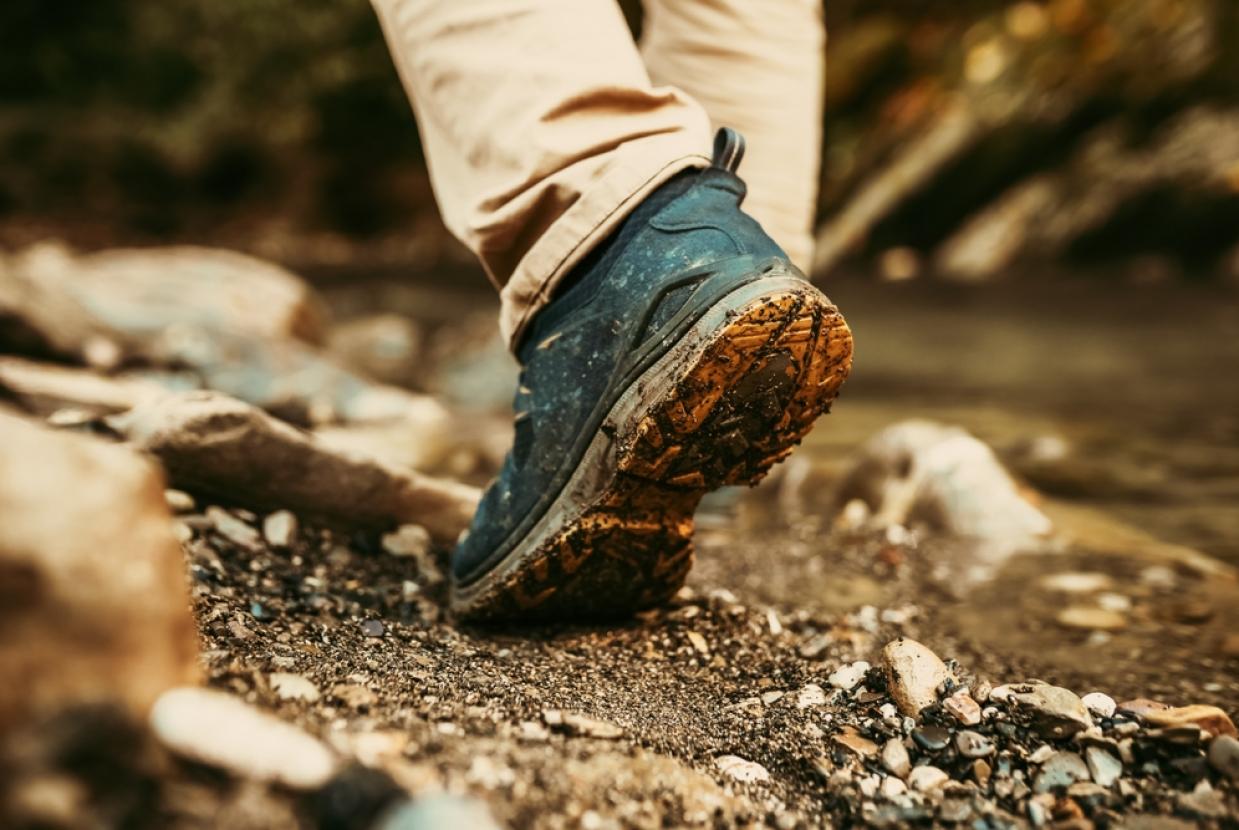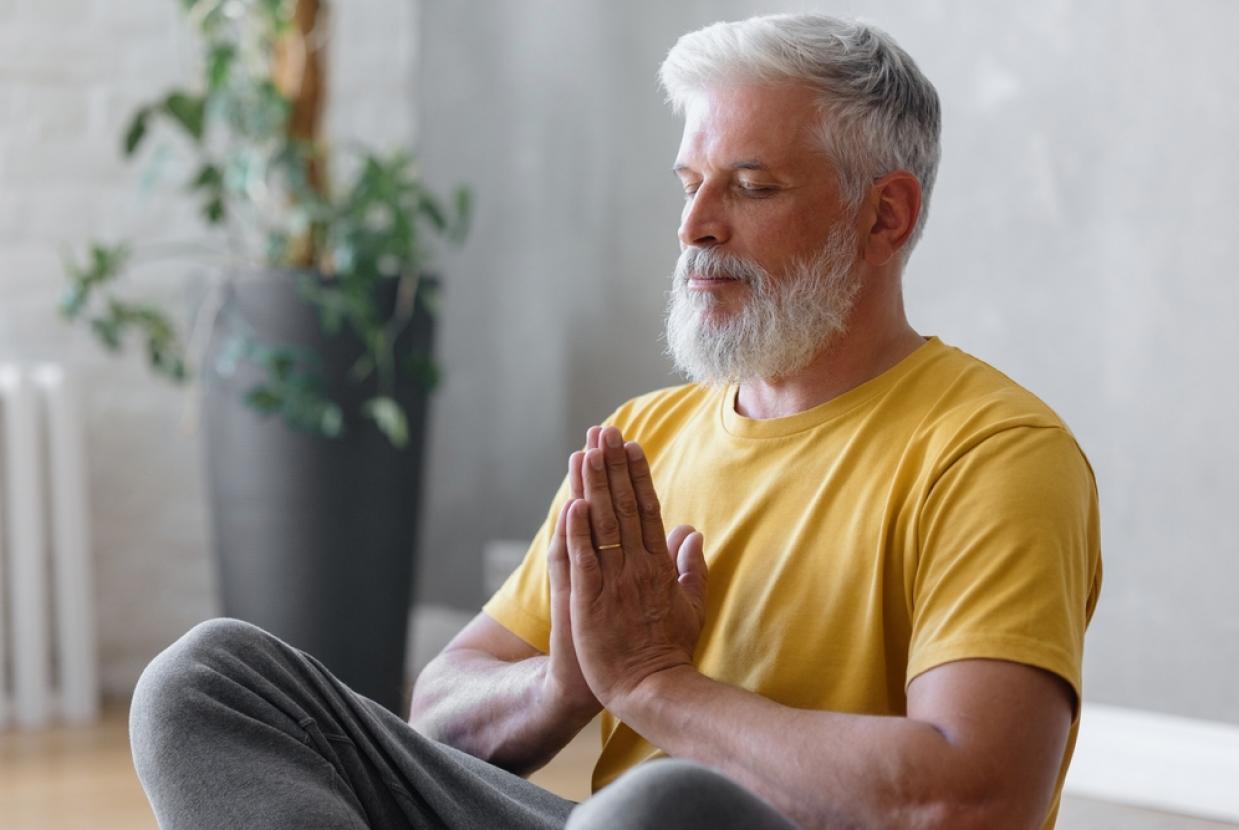How To Avoid Catching & Spreading
COVID-19 spreads very easily through close contact with people who have the virus. When someone with COVID-19 breathes, speaks, coughs or sneezes, they release small droplets containing the virus. You can catch it by breathing in these droplets or touching surfaces covered in them.
You are more likely to catch it indoors and in crowded places. You can still catch or spread COVID-19 if you:
- do not have symptoms
- are fully vaccinated
- have had the virus before
Many people will no longer be infectious to others after 5 days, but you can be infectious for up to 10 days.
Avoiding catching and spreading COVID-19
Do
- get vaccinated against COVID-19
- wash your hands with soap and water or use hand sanitiser regularly throughout the day, especially after you cough, sneeze or blow your nose, and before you eat or handle food
- cover your mouth and nose when you cough or sneeze and encourage children to do this
- regularly clean surfaces you touch often (such as door handles and remote controls) and in shared spaces, such as kitchens or bathrooms
- think about wearing a face covering that fits snugly against your face and has more than 1 layer if you're in close contact with other people, or in crowded places
Don’t
- do not touch your eyes, nose or mouth if your hands are not clean
If you're at increased risk from COVID-19
If you or your child are at increased risk of getting ill from COVID-19, there are extra steps you might want to take to help reduce your chance of catching it. Try to avoid contact with people who have symptoms of COVID-19 until they feel better, or until 10 days after they tested positive.
You may also want to:
- open windows and doors if you meet people inside, or meet them outside instead
- stay at least 2 metres away from people (particularly indoors or in crowded places)
- work from home if you can, or talk to your employer about how they can help reduce your risk at work
- wear a face covering when it's hard to stay away from other people
- think about asking people to wear a face covering or take a rapid lateral flow test if you're meeting them inside
You may be at increased risk of getting ill from COVID-19 if you're pregnant, aged 60 or over, or have a weakened immune system due to a health condition or because of a medical treatment. If you're not sure, speak to your GP or specialist.




































